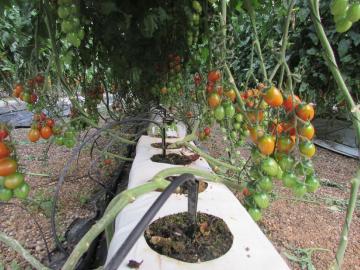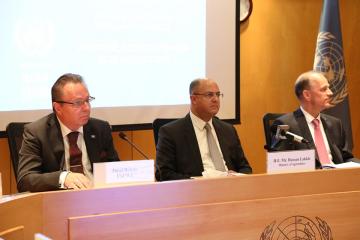Context-based Technologies to Enhance the Efficiency and Resilience of Agri-food Systems in Lebanon
Whether in the downstream or upstream side of production, new technology (ICT, water saving, soilless, etc.) transfer and adaptation in the agriculture sector are still at an early stage in Lebanon. Individual initiatives are limited to few commercial large-scale farmers and usually require high investment. The private sector is leading this field in addition to modest trials conducted by non-profit and public research institutions. Scaling up is blocked by lack of access to finance and high start-up cost. Education and age of farmers are also considered limiting factors. The government role in promoting enabling policies for technology transfer, adaptation, and use in Lebanon needs to be strengthened and informed by context-based challenges. Bringing youth back to agriculture would not be possible unless appropriate technologies (low and high tech) are adapted to increase productivity and efficiency. Making a progress in achieving SDGs related to agriculture and food security is very difficult without relying on proper technology in the context of Lebanese agriculture.
In this context, ESCWA and the Ministry of Agriculture in Lebanon, in partnership with the Food and Agriculture Organizations (FAO) of the United Nations, are organizing a meeting on “Context-based Technologies to Enhance the Efficiency and Resilience of Agri-food Systems in Lebanon”. The aim of the meeting is to understand the status of technology transfer, adaptation, and use in agriculture in Lebanon including constraints for scaling-up and opportunities available to reach small farmers. The meeting will discuss how different stakeholders can play complementary roles to effectively facilitate technology transfer, adaptation, and scale-up in the agriculture sector in Lebanon.
Deliberations during the two-day meeting will produce a set of policy recommendations, key messages, lessons learned, and basic principle to inform the new agriculture strategy for 2020-2025 that the Ministry is currently preparing







